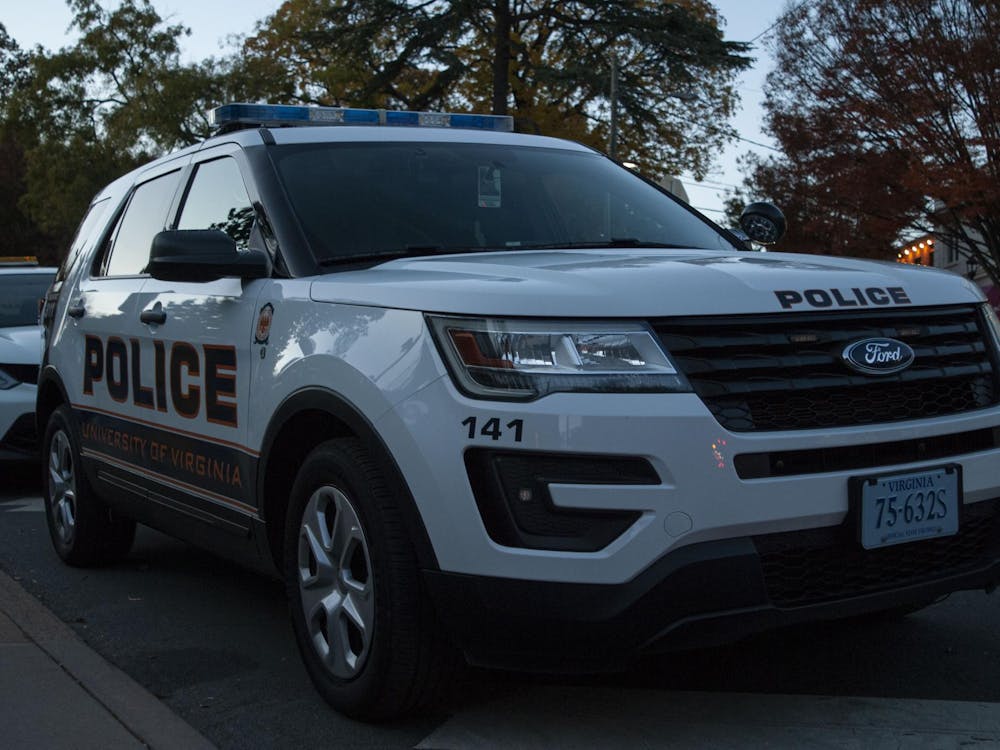The University still faces a formal review by its accrediting agency, the Southern Association of Colleges and Schools, for the firing and subsequent rehiring of University President Teresa Sullivan this past summer. The association will make a decision in December about whether the University will face penalties, according to a letter recently released under the Virginia Freedom of Information Act.
The association first notified the University it would face a review June 25, and the University responded with a detailed narrative of the ouster in a letter dated Sept. 20. Then, in a letter released earlier this month, the association again questioned the University’s compliance with its first two accreditation principles — integrity and the role of its governing board. The association did, however, accept the Board’s response to one of its qualms — the faculty’s role in the summer’s events and future standing in important University administrative matters.
These questions place the University’s status as an accredited institution at risk. The association has the power to strip it of its accreditation.
“Given that there is a lack of an identified procedure related to the removal of the institution’s President, the possibility of integrity issues with governing board authority and actions continues to exist,” the association’s Vice President Mark V. Smith wrote in the letter. The University must supply any additional information in defense of its compliance by Nov. 12.
Only very rarely do these reviews result in a loss of accreditation, but they do leave that possibility open for the future, said Mike Johnson, senior vice president of the association’s Commission on Colleges. The biggest problems the University would encounter as a result of its accreditation loss would be an inability to give out federal aid and a hit to its students’ post-University graduate admissions, Johnson said.
“What happens sometimes is students have a hard time getting into graduate schools because graduate schools expect students to be from an accredited university,” Johnson said. “There’s no rule that says that is the case, but for schools that are not as well known as U.Va. it has been known to happen.”
If the association were to sanction the University or put it on probation, the association would announce it immediately at its December meeting. But if the association accepts the Board’s explanation of events this summer, it would announce it via another letter.
The investigation will likely affect University public relations and image, but not necessarily the student body or faculty, said Pietro Sasso, an assistant professor of student affairs at Monmouth University. But Board members must first comply with the association and send it information about their actions this summer.
“This only hurts prestige,” Sasso said. “This usually never happens at an established university like U.Va,”
The investigation was much-needed, according to members of the University Alumni for Responsible Corporate Governance, a group of University graduates who support the removal of Rector Helen Dragas.
“To universities around the world and to faculty members that U.Va. is trying to recruit across the U.S., the single biggest indicator that U.Va. continues to be mismanaged at the top level of corporate governance is Mrs. Dragas’ continued presence on the Board,” said 1966 College graduate Richard Marks, a member of the alumni group. He said he found the Board’s original response to the association’s investigation unsatisfactory and unclear.
The administration does not harbor these same concerns. “The Board believes the University has fully complied with the Principles of Accreditation, state law and its own policies, and hopes that SACS’s concerns will be satisfactorily addressed,” University spokesperson McGregor McCance said.
Provost John Simon did not respond to requests for comment for this article.






